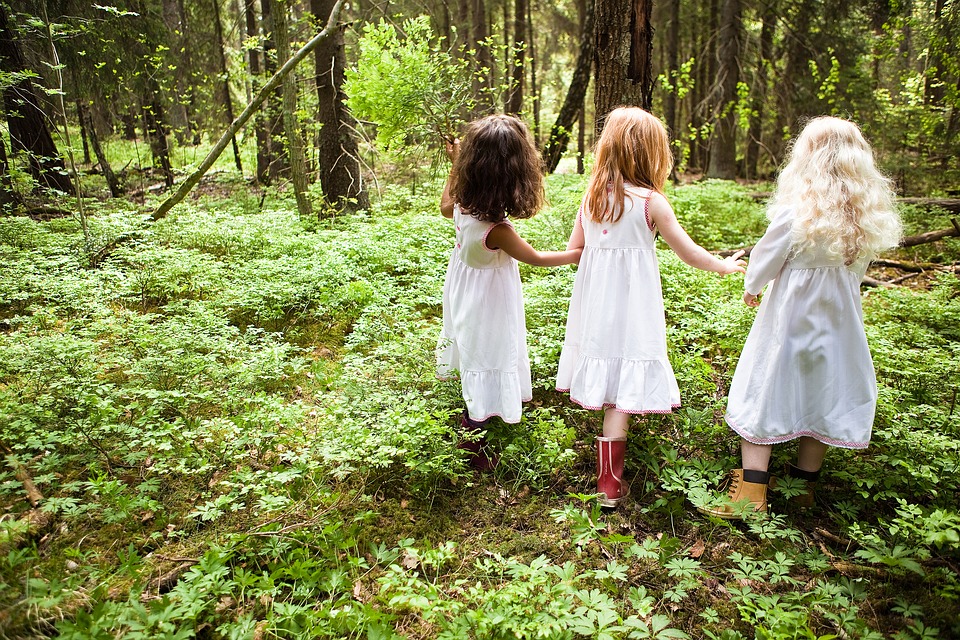Navigating the world of medical cannabis can be a challenge, but when it comes to treating your kid’s pains and ailments, there can be little-to-no margin for error
Question: My seven-year-old has gut inflammation. Would you advise him to take THC/CBD, or CBD? And if so, what ratio?
I would advise against THC because of the child’s age. THC affects the brain’s “plasticity”.
A seven-year-old child’s brain is not fully developed, and THC unless necessary (life-threatening problem) I would advise against.
CBD appears to be safe. The dose of CBD I would recommend is to start at 0.5 mg/pound of body weight/day. Divide it into 2 or 3 doses each day. Assess your son for symptoms while gradually increasing up.
Ref: Porter BE, Jacobson C. Report of a parent survey of cannabidiol-enriched cannabis use in pediatric treatment-resistant epilepsy. Epilepsy Behav. 2013; 29: 574– 577.
Question: What do you mean when you say that “THC affects the brain of a growing child”?
The results of what THC does to the CB1 receptors can be permanent. Studies have shown that THC can cause psychosis in children. Despite what I advise, parents may choose to give their child THC, but please be cautious about the long-term effects.
If one can give the same benefits to the child by giving them CBD rather than THC, then why not give an agent that is safe and without any addictive potential?
Ref:
Scientific American – “Link between Adolescent Pot Smoking and Psychosis Strengthens”,.
By R. Douglas Fields on October 20, 2017
Question: Why isn’t THC safe for children?
THC binds to the CB1 receptor on the surface of the cell. The more THC you use, and the longer you use it, the more dysfunctional the CB1 receptors become. Eventually, you need large amounts of THC to get the same amount of amandamide released inside the cell. This happens because the CB1 cell surface receptors no longer function properly.
CBD, on the other hand works INSIDE the cell and the areas of the internal cell where they act NEVER become dysfunctional. – since that only happens on the cell surface – not inside the cell.
The main function of CB1 is to maintain the anandamide balance. When the anandamide is not balanced, the result is a tendency towards depression, anxiety, difficulty concentrating, difficulty sleeping, problems with memory, and so much more.
The child’s brain cells are growing. When the anandamide levels are not in balance, the brain is not in balance.
Question: My son smokes “weed” all the time. He says that it reduces his anxiety and just plain “calms him down”. I know he’s addicted. He knows he’s addicted. What can I offer him? I can’t just tell him to stop. He wouldn’t listen to me anyway – he’s 15 years old. And he really does have anxiety issues.
Offer him CBD. There are CBD tinctures, softgels, and buds. The CBD will work at the same receptor that the THC binds to and block the “high” while STILL REDUCING THE ANXIETY.
Please be advised that we are moving the weekly In-house doctor session to a more suitable time as requested – From Thursday at 3pm EST, to the earlier time of 1pm EST on Thursday.
If you want to read more from Dr Zachar, check out: ‘Ask A Doctor – Case Scenarios For Children’s CBD Dosage’
[maxbutton id=”10″] [Image credit: Pixabay]